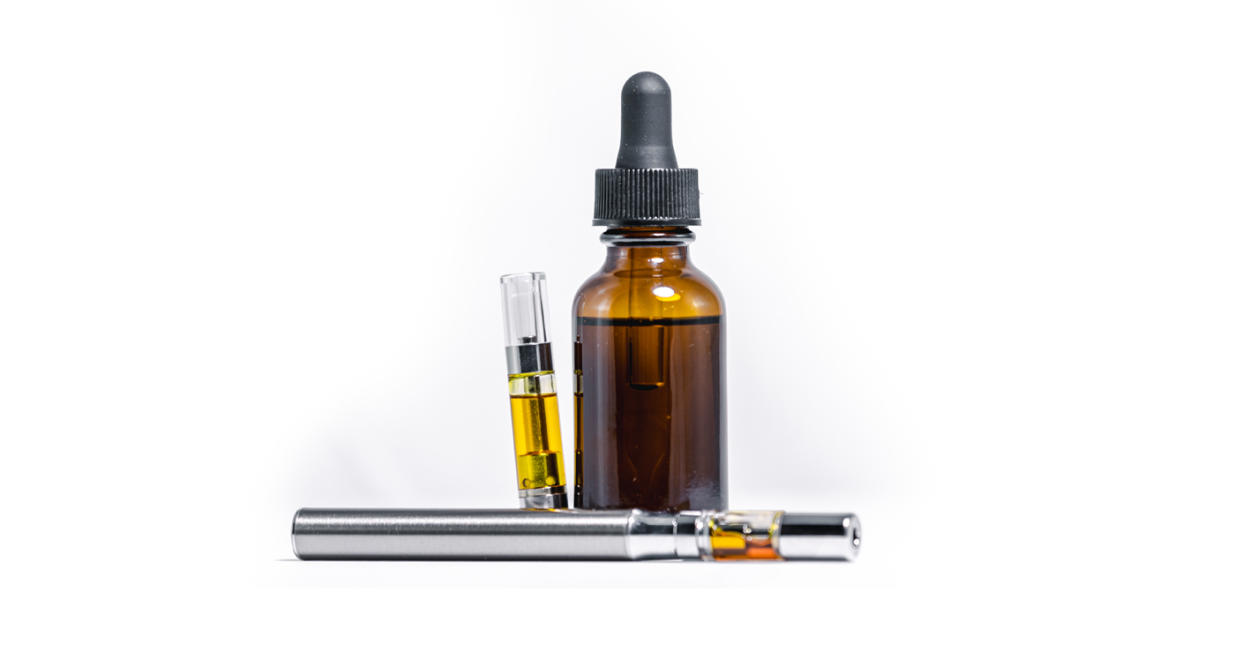Tests on black market marijuana vape pens reveal contaminants, including pesticides

As health organizations — including the Centers for Disease Control and Prevention (CDC), the Food and Drug Administration (FDA), and state health departments — investigate possible causes of the vaping-related severe respiratory illnesses spreading across the U.S. like wildfire, a likely suspect is emerging: contaminants found in counterfeit vape cartridges, according to the Washington Post.
The latest research out of the CDC also suggests vaping products containing THC — the compound in marijuana that produces the high — are playing a major role in the outbreak. “Of the patients who reported what products they used, THC-containing products were the most prominent link across patients, with only 16 percent reporting using only nicotine-containing products,” CDC principal deputy director Anne Schuchat told CNBC.
Pinpointing the culprits behind this lung disease epidemic can’t come soon enough. Last week, the CDC recorded 530 cases of vaping-related lung disease in total across 46 states, but that number jumped 52 percent to 805 cases by Sept. 24. While the majority of sufferers have eventually been released from the hospital, the respiratory illness has now been linked to 13 deaths.
In an attempt to seek answers, NBC News decided to do its own investigation into the possible contaminants found in vaping cartridges. NBC tapped the accredited THC testing facility, CanaSafe, and provided them with a small sample of THC vape cartridges — 18 in total — obtained from both legal distributors and unlicensed, black market dealers.
Testing the vaping cartridges from both sources yielded some “deeply troubling” results, according to NBC News. The three from legal dispensaries in California were all free from pesticides, heavy metals, and vitamin E acetate (which New York State is currently investigating as one possible cause of the vaping-related lung damage seen across the U.S.). But the black market cartridges contained several contaminants — namely, pesticides (10 out of 10 cartridges tested came up positive) and vitamin E (in 13 out of 15 black-market cartridges).
What’s more concerning: The lab found that all of the black market cartridges contained myclobutanil, “a fungicide that can turn into hydrogen cyanide when burned,” according to NBC News. A California teen was recently put in a medically-induced coma for nine days after using a marijuana vape pen reportedly laced with hydrogen cyanide.
“There is extensive literature on the adverse health effects of inhaling pesticides and fungicides,” Ilona Jaspers, PhD, deputy director of the Center for Environmental Medicine, Asthma, and Lung Biology at the University of North Carolina at Chapel Hill, tells Yahoo Lifestyle. “Modifying these compounds through thermal oxidation, which is what would occur during the vaping process, could generate additional reaction products that would be harmful to the lungs.”
While the results are noteworthy, some experts are concerned about news outlets conducting their own testing.
“I am concerned that news organizations are hiring laboratories to do their own testing, especially if these labs are not independent, GLP-certified labs that do not have an obvious conflict of interest,” Jaspers tells Yahoo Lifestyle. “CanaSafe does appear to be a California-accredited cannabis testing lab, which is reassuring. However, while I am all for having additional independent data on this issue, I am worried that this could confuse the work that is currently being done by federal and state agencies.”
In the meantime, while investigations continue, the CDC and the FDA are urging people to stop vaping. “We have absolutely no idea what the long-term consequences are of vaping either THC, CBD, or nicotine-containing products,” says Jaspers. “None of these have been rigorously tested for long-term safety.”
She adds: “I would recommend stopping immediately.”
Read more from Yahoo Lifestyle:
Follow us on Instagram, Facebook and Twitter for nonstop inspiration delivered fresh to your feed, every day.

